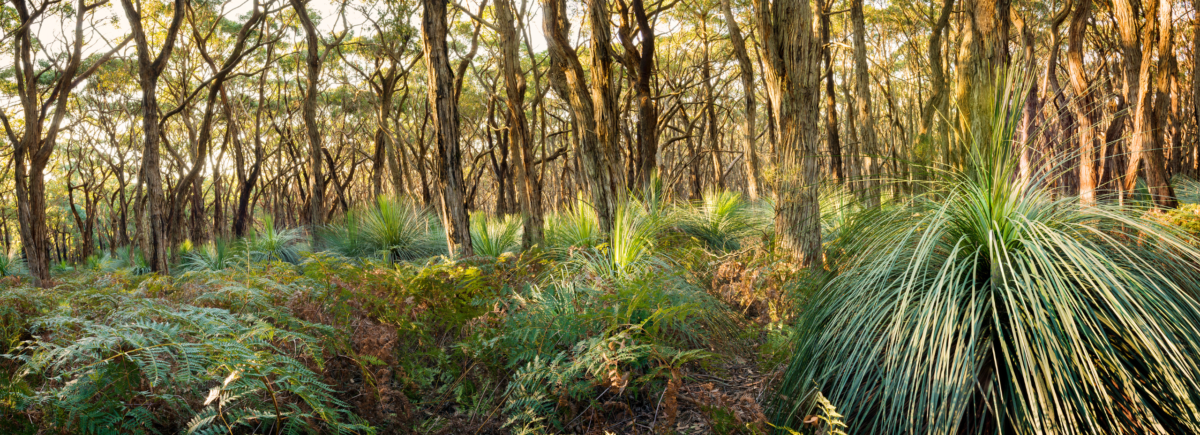The World Humanities Report
Providing insight into where and how the humanities are practiced around the globe, and to offer a set of recommendations for the humanities in the twenty-first century.

About the project
The World Humanities Report is a landmark international initiative designed to explore the current state of the humanities and showcase the contributions of the humanities to knowledge and society.
The initiative is led by the US-based Consortium of Humanities Centers and Institutes (CHCI) on behalf of the International Council of Philosophy and Human Sciences (CIPSH) in collaboration with the United Nations Educational, Scientific and Cultural Organisation (UNESCO), with support from Andrew W. Mellon Foundation.
Teams from Africa, the Arab region, Australia, China, Europe, Latin America, North America, Russia, and South Asia have contributed chapters on the current state of play and future directions.
Designing a roadmap for the humanities
The Australian team sought to contribute to an evidence base and set of resources about the health and vitality of the humanities, as well as areas of crisis or tension that can be addressed through active knowledge exchange and shared approaches.
The Australia report is designed to contribute to a roadmap for the humanities, to:
- develop a collective understanding of the humanities, which captures the multiplicity of meaning inherent to the term;
- articulate the value of the humanities for a range of audiences and communities;
- understand the context and conditions of humanities work; and
- contribute to the development of a set of priority actions aimed at strengthening the humanities for the public good.
Our contribution
Australia’s contribution to the project draws on several current Academy projects, including:
- Our research into the challenges facing the future humanities workforce in Australia.
- The changing relationships within and between university-based research institutions, industry, and the community.
- Recent changes to humanities policy aligned to current and future global challenges.
The report includes a reflection on the distinctiveness of the humanities in Australia, including:
- Indigenous knowledge – how more than 60,000 years of Australian Indigenous knowledge transforms perspectives on contemporary issues from environmental sustainability and restorative justice, to cultural competence and engaged social policy.
- Collaboration and infrastructure – exploring new ways research is being conducted and platforms and investment needed to digitally preserve and share cultural and social data.
- Community engagement – revealing the vital role of regional and rural Australia and primary and secondary education to increasing public value in the humanities.
- Humanising the Future – showcasing Australian research that focuses on initiatives, debates and current progress of human/machine interactions and automated decision-making.
"Humanities’ capability is dispersed, untapped, and underrealised in Australia. How can Australia better activate, facilitate, and apply humanities knowledges and problem-solving capabilities to the challenges we face? That is a question for the humanities as much as for the policymakers, institutions, and industries we address in this report.
Expert working group
The Academy is leading the Australian contribution, with an expert working group chaired by Immediate Past Academy President Professor Joy Damousi FASSA FAHA and comprising Academy Fellows:
- Professor Kate Burridge FAHA
- Professor Will Christie FAHA
- Professor Louise Edwards FASSA FHKAH FAHA
- Professor Annamarie Jagose FAHA
- Professor Lynette Russell AM FRHistS FASSA FAHA
- Professor Julian Thomas FAHA
The working group is supported by the Academy’s Director Policy & Research Dr Kylie Brass.
